Ellen Swallow Richards (December 3, 1842 – March 30, 1911) was an American scientist and educator. She played a major role in the development of sanitation techniques as well as the application of science and chemistry to everyday life and nutritional research.
Born into a family that valued education in the town of Dunstable, Massachusetts (USA), Ellen was well educated from a young age and soon showed her ability in the field of languages.
She studied and mastered Latin, French, and German and earned her first money working as a tutor.
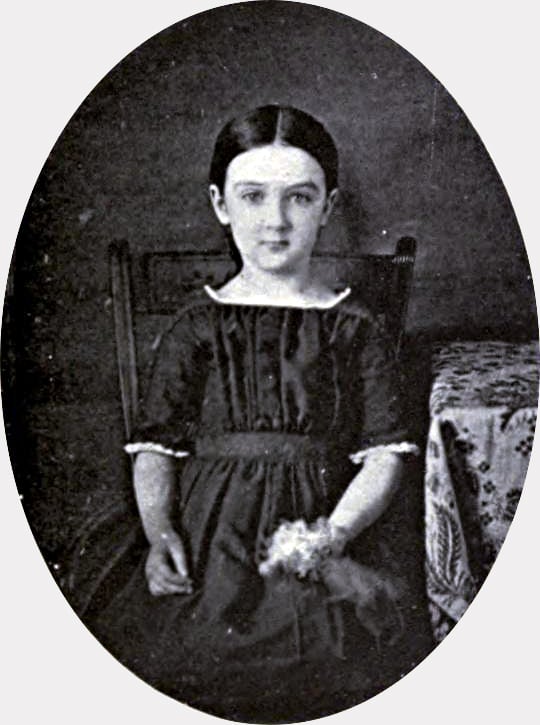
Photo of Ellen Swallow Richards at age 6
In September 1868, she was admitted to Vassar College as a special student and graduated with a bachelor's degree two years later.
In 1870, she was admitted as a special student majoring in Chemistry at the Massachusetts Institute of Technology (MIT), becoming the first woman to be admitted to this prestigious school.
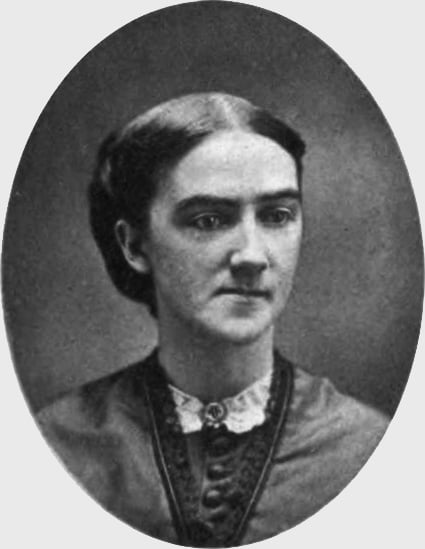
Ellen Swallow Richards at Vassar College, class of 1870
Ellen received her Bachelor of Science degree from MIT in 1873 and went on to earn her Master of Science. However, she was not awarded her Master of Science in Chemistry until 1886 because she was a woman.
In 1875, Ellen married Robert Hallowell Richards, a former colleague in MIT's Department of Mining Engineering.
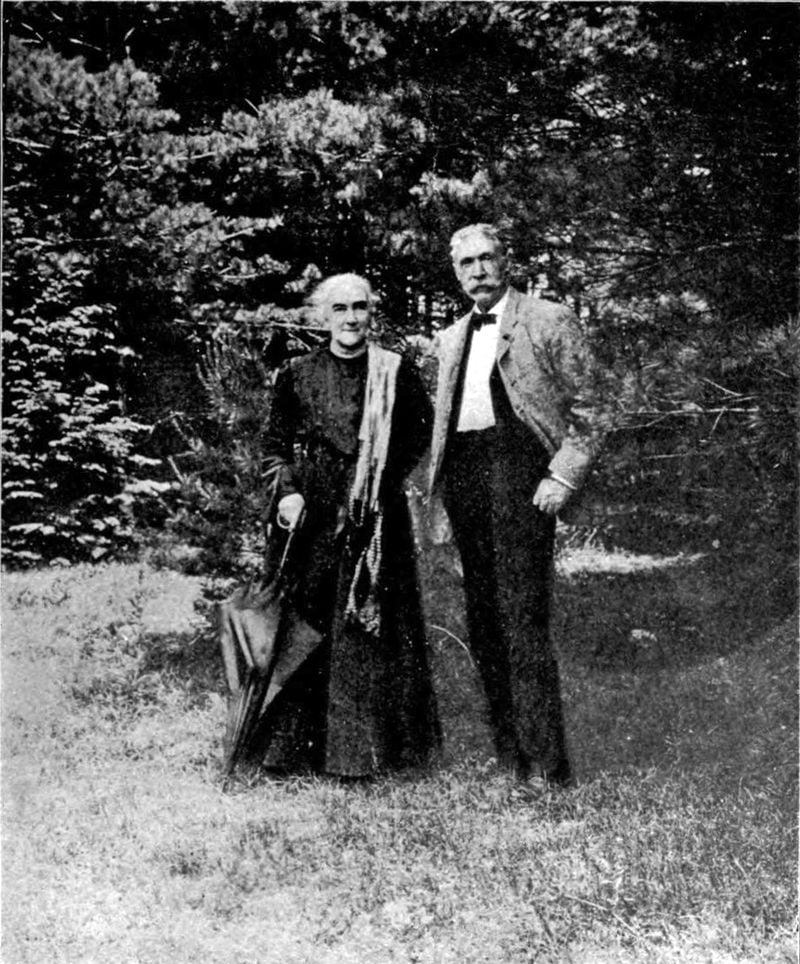
Ellen and Robert Richards, 1904
Ellen's first major research work was on water quality and sanitation. Her findings on water pollution led to the establishment of safe drinking water standards in the United States.
In 1887, she co-founded the country's first water laboratory, which was also an important precursor to the creation of the modern public health system.
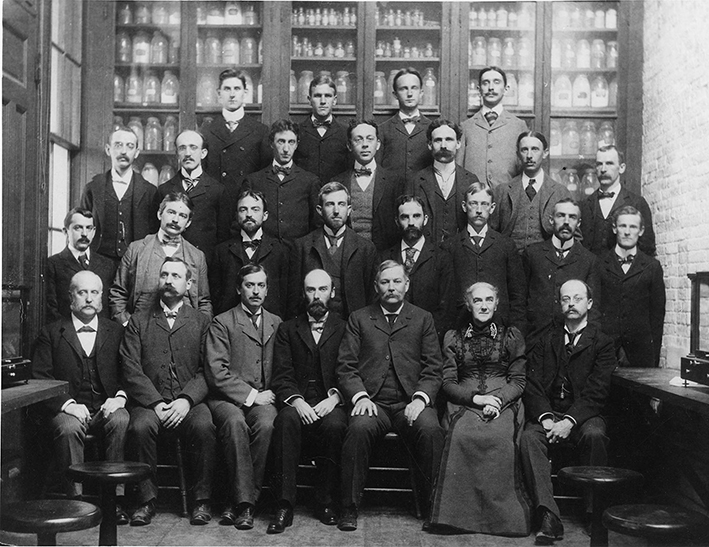
Ellen Swallow Richards and colleagues at the Massachusetts Institute of Technology's Chemistry Department in 1900
She also introduced the term "ecology" into American scientific discourse and worked extensively to emphasize the link between environmental health and human well-being.
The field of “home economics” was also a major concern throughout the scientist’s career. Ellen viewed each household as a miniature society and argued that women’s work in the family was an important aspect of the economy.
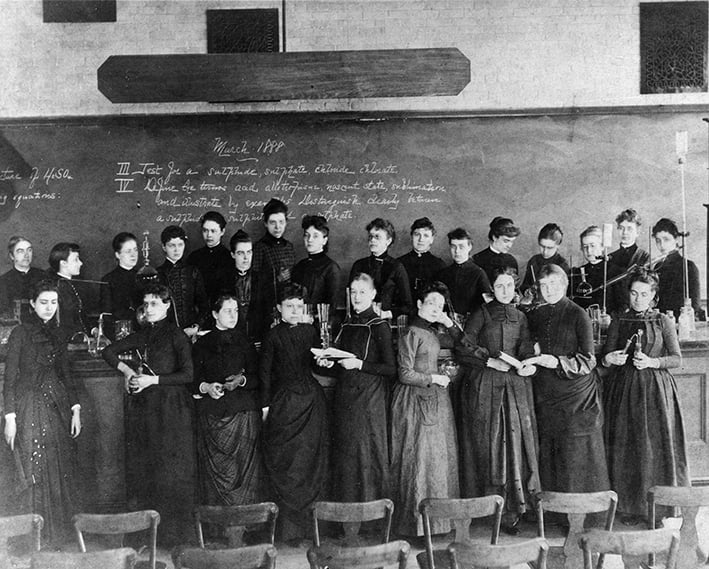
Ellen Swallow Richards and female students at the Massachusetts Institute of Technology in 1888
Effective, scientific management of home resources can improve the living environment, thereby leading to social progress.
The American Family and Consumer Science Association, founded by Ellen in 1908, promoted home economics classes—which originally taught home economics to young girls—as a place to learn family-related social and scientific skills and knowledge.
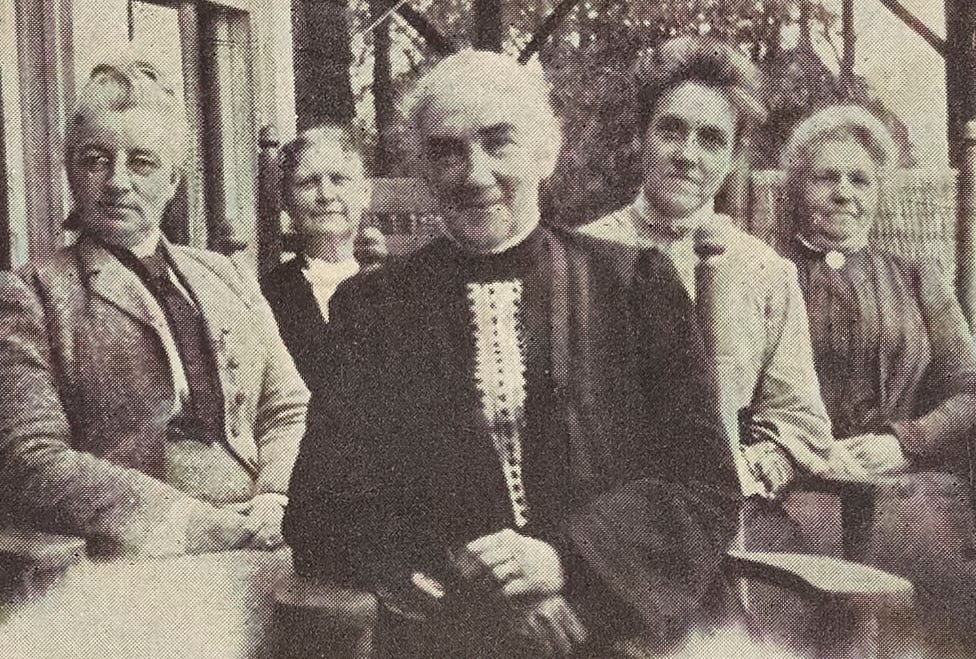
Ellen (center) with four women at a conference on home economics in New York City, USA, 1912
Today, home skills classes are mandatory for both genders in many parts of the world. Ellen’s perspective and vision of integrating scientific principles into everyday life has reshaped public health, education, and social norms.
Ellen passed away in 1911 but remains an inspiration to future generations pursuing careers in the fields of Science, Technology, Engineering and Mathematics (STEM).
Source: https://phunuvietnam.vn/nguoi-phu-nu-dua-khoa-hoc-den-gan-hon-voi-doi-song-gia-dinh-20241205122205187.htm





![[Photo] Overcoming all difficulties, speeding up construction progress of Hoa Binh Hydropower Plant Expansion Project](https://vstatic.vietnam.vn/vietnam/resource/IMAGE/2025/4/12/bff04b551e98484c84d74c8faa3526e0)

![[Photo] Closing of the 11th Conference of the 13th Central Committee of the Communist Party of Vietnam](https://vstatic.vietnam.vn/vietnam/resource/IMAGE/2025/4/12/114b57fe6e9b4814a5ddfacf6dfe5b7f)
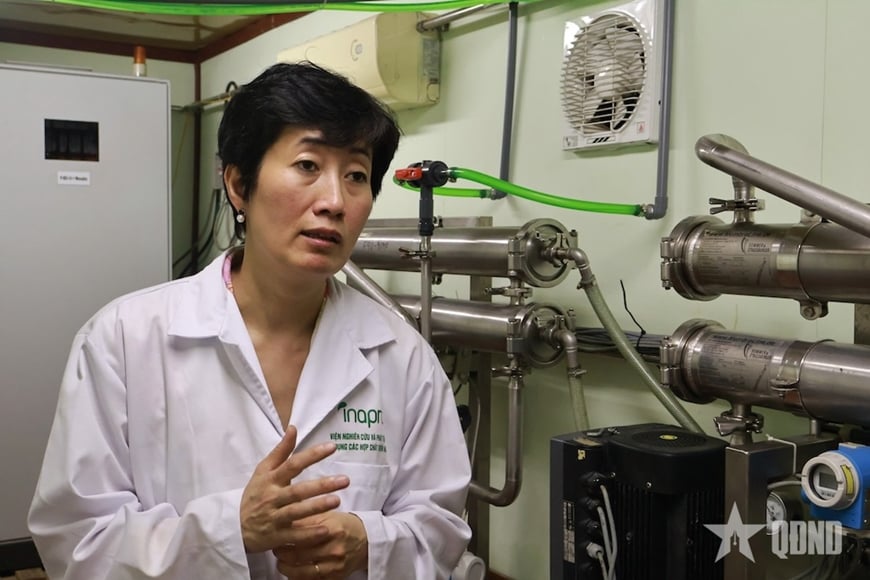





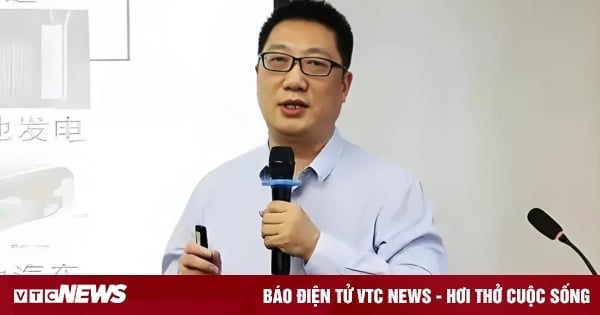

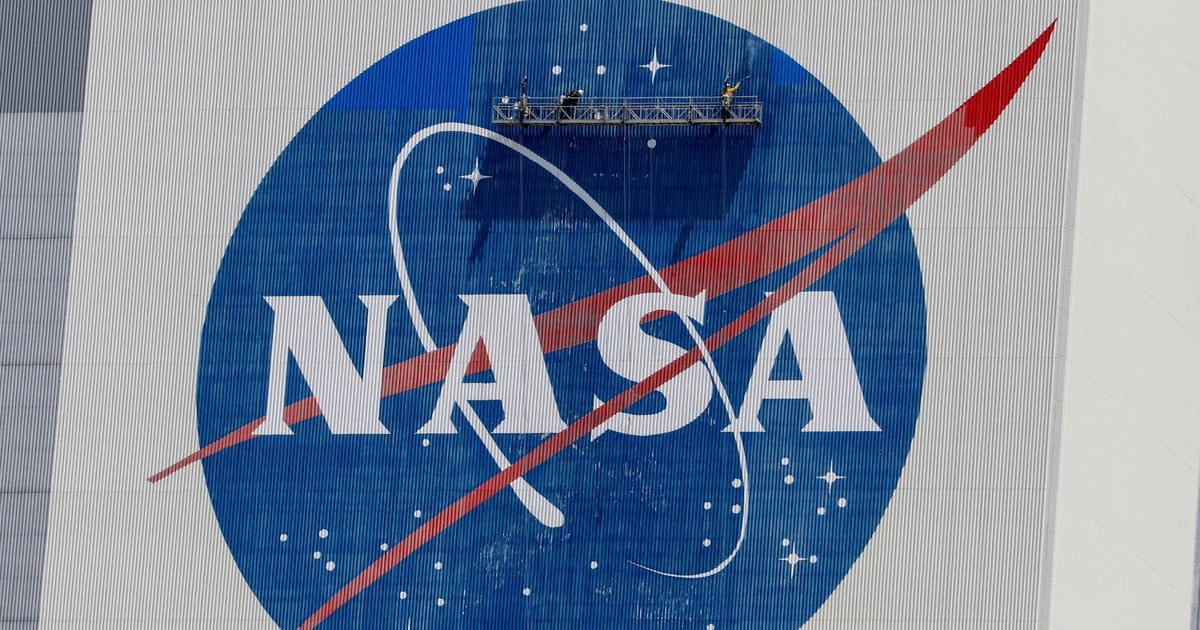

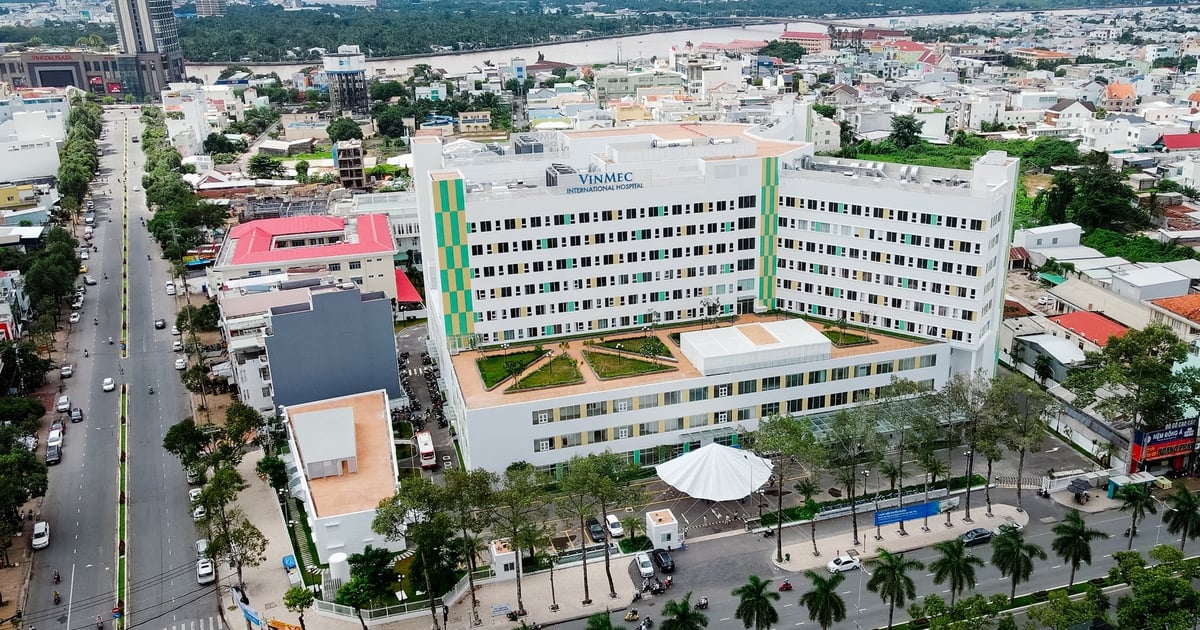


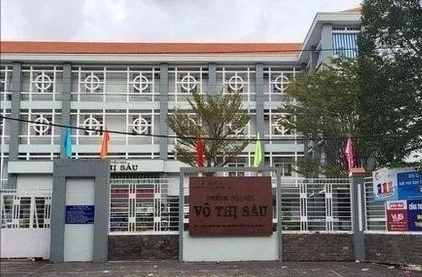


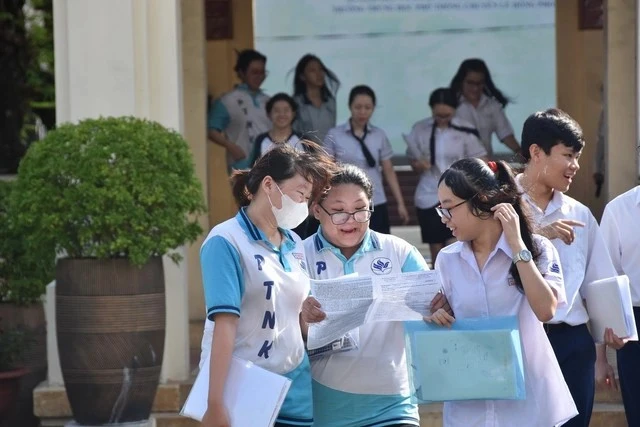



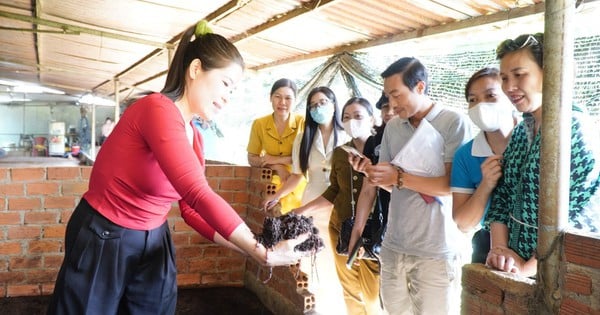


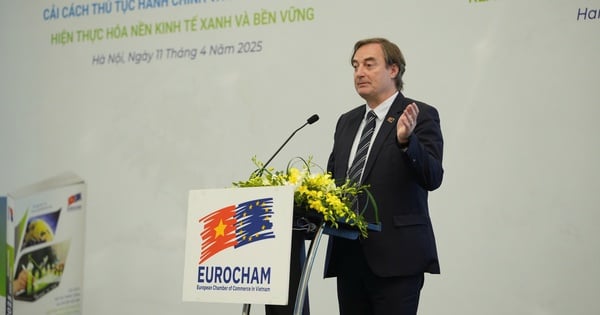

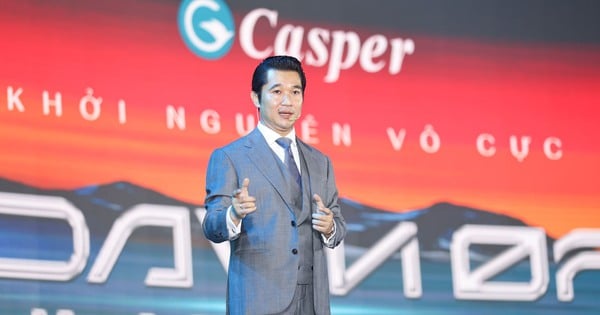














































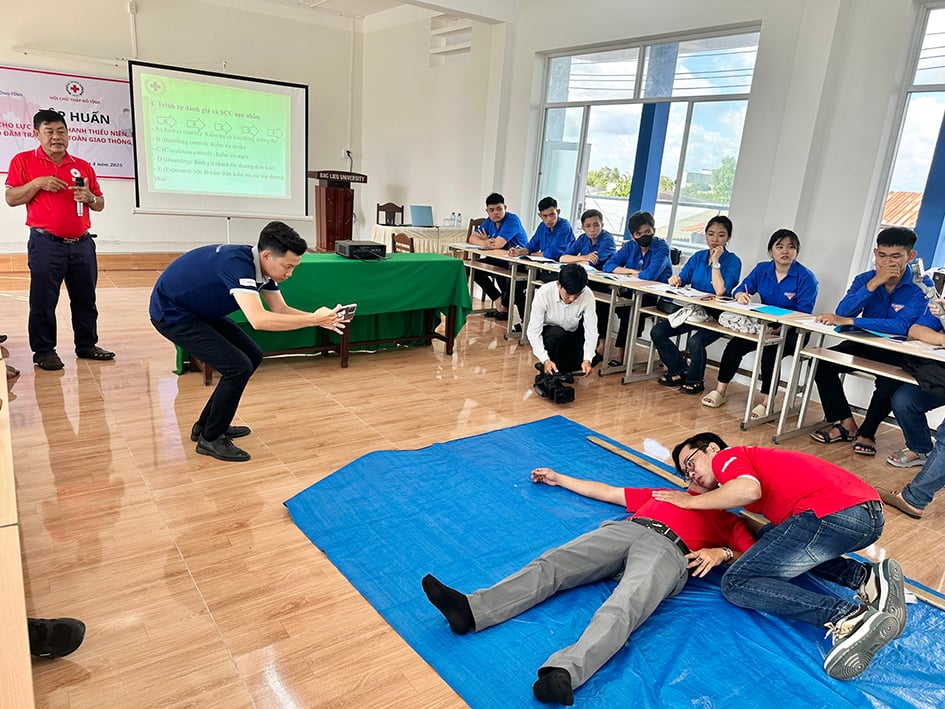
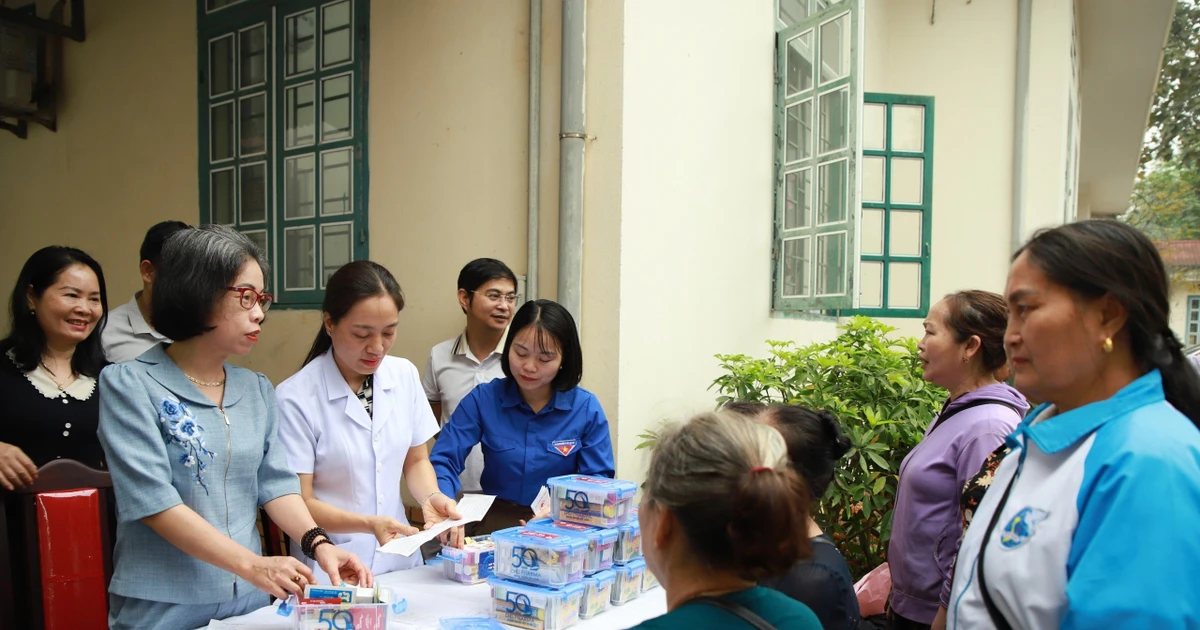

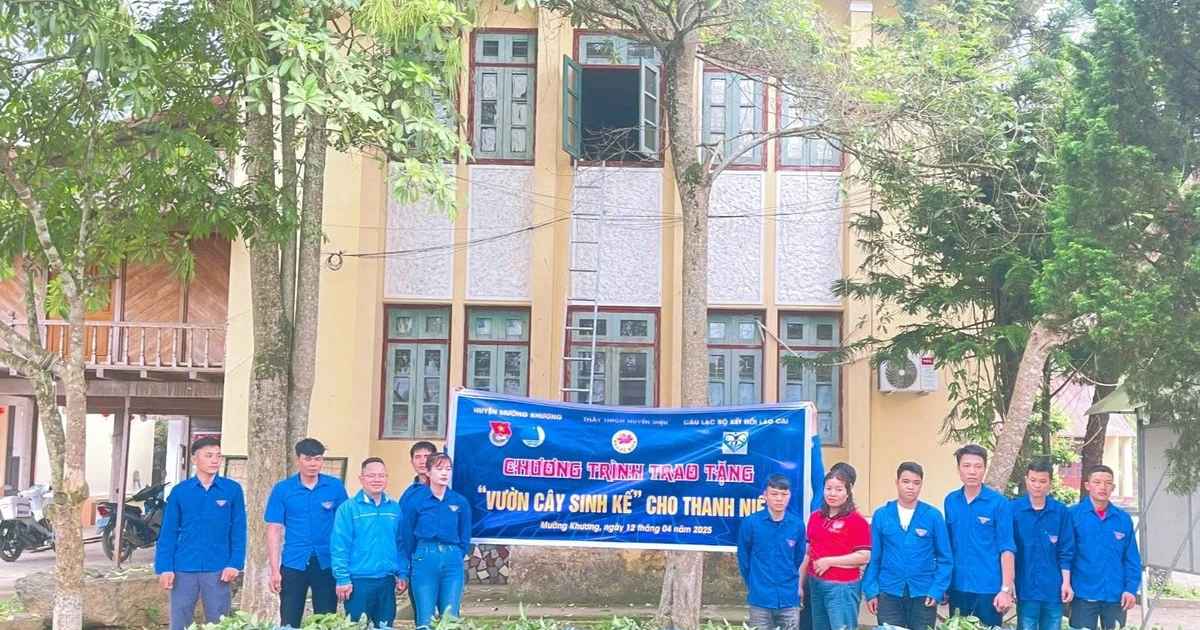


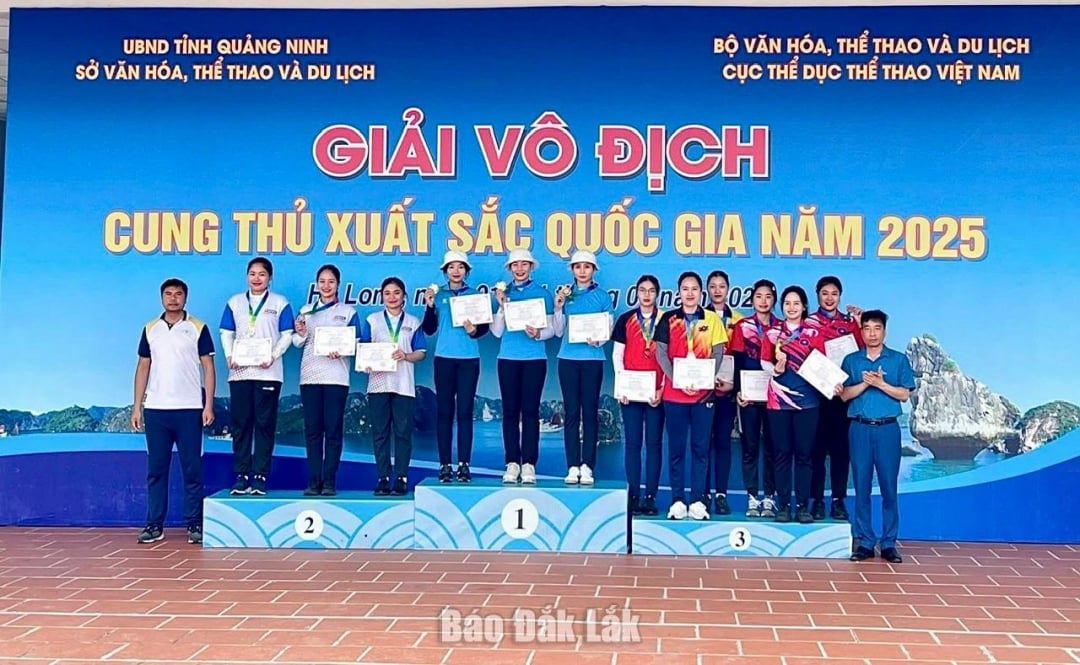












Comment (0)